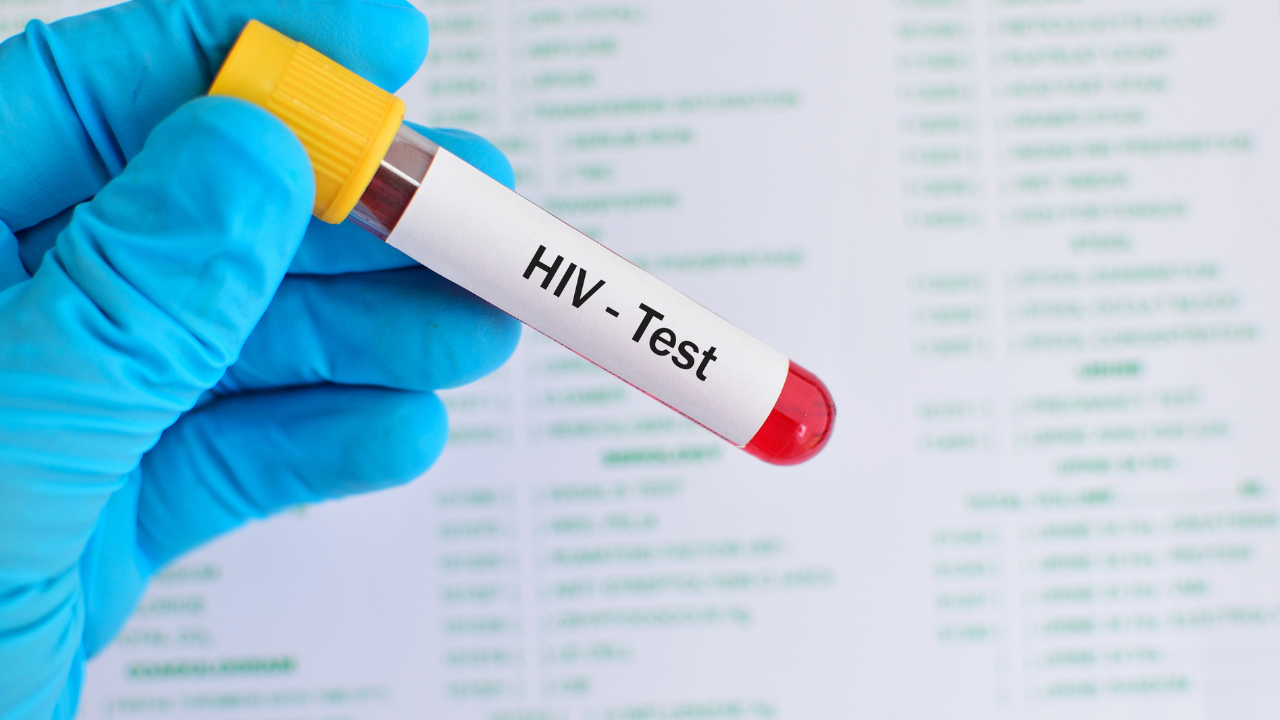Getting tested for HIV isn’t just about knowing your status—it’s about taking control of your health, reducing fear, and protecting both yourself and others. Testing is quick, simple, and often inexpensive. It’s one of the most powerful tools in the fight against HIV.
Why HIV Testing is So Important
- Early diagnosis means early treatment, which helps people with HIV live long, healthy lives.
- People who know their HIV status can take steps to prevent passing it to others.
- Many people with HIV don’t have symptoms for years, so the only way to know for sure is by getting tested.
FACT: The sooner HIV is detected, the sooner treatment can start—and the better the outcomes.
Who Should Get Tested for HIV?
- Everyone should get tested at least once as part of routine healthcare.
- You should get tested more frequently if you:
- Have had unprotected sex with more than one partner
- Have a partner with HIV or unknown status
- Share needles or injecting equipment
- Have been diagnosed with another STI
- Are you pregnant or planning to become pregnant
Types of HIV Tests
Rapid Tests
- Results in 20 minutes or less
- Done with a small finger-prick or oral swab
- Ideal for clinics, community centers, and mobile testing units
Lab-Based Tests (ELISA/Western Blot)
- Involves drawing blood and sending it to a lab
- Results in a few days
- More accurate for detecting recent infections
Self-Testing
- At-home HIV test kits are now available
- Easy to use and maintain privacy
- Always confirm a positive result with a lab test
What to Expect During an HIV Test
- You’ll be asked to give a small blood sample or an oral swab.
- Results may be immediate or take a few days, depending on the test.
- If the result is negative, you may receive prevention advice (condoms, PrEP, etc.).
- If the result is positive, you’ll be offered confirmatory testing and connected to care.
Important: A positive HIV test is not a death sentence. With treatment, people living with HIV can live long, healthy lives—and can’t transmit the virus if their viral load is undetectable (U=U).
Where to Get Tested
- Government hospitals and clinics
- NGO-run health centers and mobile testing camps
- Private clinics and lab centres
- At-home test kits (check if approved in your country)
What If I Test Positive?
- Don’t panic—HIV is treatable.
- Start antiretroviral therapy (ART) as early as possible.
- You can still have relationships, a career, children, and a full life.
- Seek emotional support from counselors, loved ones, or support groups.
Take Charge of Your Health
Getting tested isn’t just a medical decision—it’s a powerful act of self-care. It shows strength, responsibility, and love for yourself and your community. You deserve to know your status—and to live empowered, informed, and healthy.
Coming Next: Living with HIV — Life After Diagnosis
In the next post, we’ll explore what it means to live with HIV today, the role of ART, and how people living with HIV can lead full, vibrant lives.

